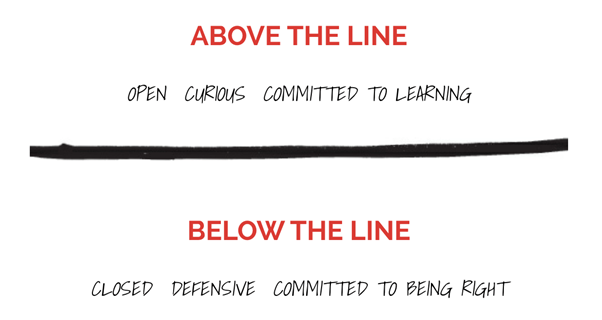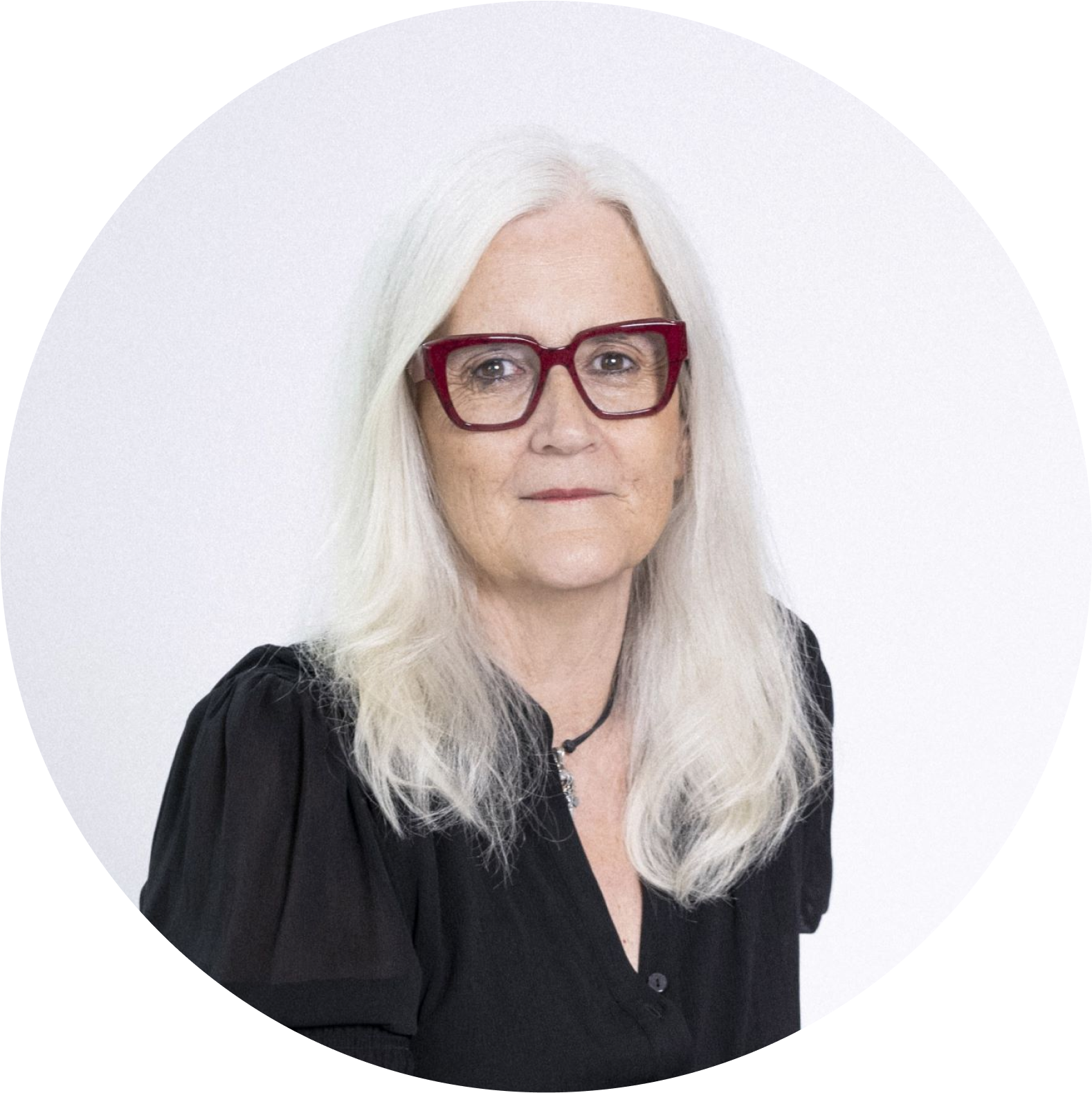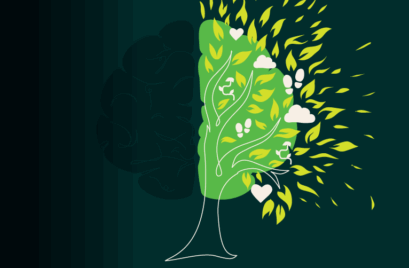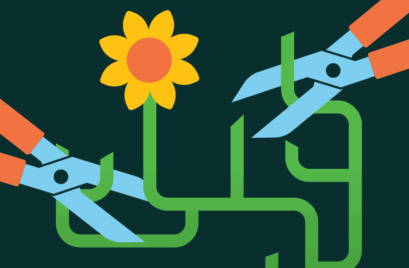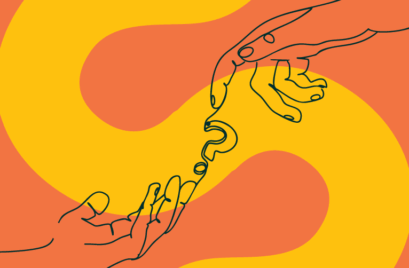
“We are in the midst of a revolution in consciousness – from separateness to connectedness.” Giles Hutchins
If you ever read science fiction when you were growing up, you will probably relate to Jeff Bezos’ burning desire to expand into space. Young minds are sponges for big ideas and one of young Jeff’s key reading influences was Gerard K. O’Neill’s space-colonising book, The High Frontier. In this 1970s SF novel, the author presented a compelling case for the establishment of large-scale space habitats (known as O’Neill cylinders) in orbit around Earth. Drawing on his expertise in physics and space science, O’Neill envisioned a future where self-sustaining habitats could provide living space for millions of people, harnessing solar power, and supporting diverse ecosystems, including the potential for industrial activities.
Fast forward to today, and a now-highly-influential Jeff Bezos is in a position to manifest his boyhood dreams of space migration. In 2000, he founded Blue Origin and officially entered the billionaire space race. On its website, Blue Origin, states that it foresees a time when people can tap into the limitless resources of space and enable the movement of damaging industries into space to preserve Earth, humanity’s blue origin.
This is a curious solution to the impending and overwhelming environmental problems the earth is facing. Blue Origin’s statement appears to be proposing that our best option is to ship our (largely) self-inflicted problems elsewhere. There is no suggestion that there might be another way to live and conduct business that is less extractive and mechanistic.
From an eco-system perspective—a belief that all parts of complex systems are interrelated and interdependent—it could be argued that this kind of mindset has likely been a key contributor to our current predicament; that is, the notion that we are somehow separate to the natural environment and can divorce its problems.
The idea of moving damaging industries off-world could be likened to applying a bandaid to an arterial bleed – too little, too late. It also suggests that we should keep doing what we’re doing, with little care for the consequences. But just add spaceships.
The Why: Why think Eco-system?
“Nature is not a place to visit; it is home.” –Gary Snyder
When we adopt an eco-system viewpoint, we consider the broader context – the whole system – our role within it, and our impact upon it.
For example, it’s only through a satellite view, that we are able to observe the phosphorous-rich sands of the Sahara deserts being blown across the Atlantic, which then settle on the floor of Amazon rainforest and enrich its soil. Without that wider perspective, we would be unable to grasp the interconnectedness of these two vastly different environments.
This ripple effect can also be seen in the most pressing environmental problems facing the world today.
- Food scarcity – human use affects 70% of the global, ice-free land surfaces
- Loss of Biodiversity – the population sizes of mammals, fish, birds, reptiles, and amphibians are rapidly declining directly due to the human footprint
- Plastic Pollution – 91% of all plastic made for human use is not recyclable and is turning up everywhere from our oceans to our food
- Ocean acidification – is caused by the burning of fossil fuels and deforestation
- Fashion and Textile Waste – the fashion industry significantly contributes to carbon emissions
- Overfishing – depleting key fish species for human consumption is impacting ocean food chains
- Soil degradation – 40% of the planet’s soil has degraded due to deforestation, urbanisation, industrial development, agricultural expansion and unsustainable farming practices
- War and military conflicts creating refugees – in 2023 there were 110 million forcibly displaced people in the world
Even in the broadest brushstrokes, this is a lot to take in. And the message is crystal clear – we (humans) are the catalyst and the common factor in all these concerns.
While we’ve reached this place by ignoring the broader context, eco-system thinking is now the only way we can solve these complex problems because of their interrelated and interdependent nature.
When we envisage a whole (eco) system in an organisational context, we try and think from the outside in. The ecosystem mindset… looks at the vision, purpose, and strategy for the whole, and then sees the parts that individuals and teams could contribute.
When we hear today’s leaders speak of “regenerative ecosystems” and having an “ecosystem lens”, they are signaling a language and way of thinking that situates people and their enterprises as an integral part of a whole earth system, as well as a whole business system. They are acknowledging that any change, tension, or drain in one part of the system, influences the rest.
It’s this feedback loop that is the reminder for us to continue to think holistically if we want to achieve optimal and sustainable outcomes. But to fully encompass eco-system thinking, we need to step outside the scarcity mindset engendered by operating in silos, and lift our gaze, listen, question, and align. Leaders who embrace this approach, understand that not only is “eco” an alternate lens to mechanistic thinking but that it’s underpinned by a regenerative logic rather than an extractive one.
The What: Regenerative Logic
‘Regeneration can come only through a change of heart in the individual.’ Henry Williamson
‘Life creates conditions conducive to Life.’ Janine Benyus.
To ‘extract’ means to remove or take by effort or force: to ‘regenerate’ means to bring about new and more vigorous life, or to grow after loss or damage. These two concepts, in other words, can sit in polarity to each other.
Since the industrial revolution, our methods for feeding clothing and advancing ourselves have been both mechanistic (as opposed to humanistic) and extractive. Modern farming, as one example, has negatively impacted biodiversity, soil quality, and water availability.
But now, as the natural system that gives us life breaks down around us, we are called upon to find another way that is not simply sustainable but regenerative. Maintaining the status quo is not an answer; we need to repair and reinvigorate. Regenerative logic draws on a range of beliefs, but essentially it puts life at the centre of everything. It seeks to create conditions where people and planet can not only survive but thrive. It asks: how can we leave people and planet better than we found them?
Regenerative thinking is a powerful paradigm but can often seem a bit abstract. For those of us used to extractive ways of living and working, how do we make this shift in thinking? And then how do we lead it? Instead of putting a Band-Aid over our challenges, how might we redesign our system to be more regenerative?
The How: Conscious Leadership
We believe that to embed a regenerative-and-whole-system-thinking paradigm shift requires conscious leadership. Conscious leadership, in a sense, is the foundation of all other subsets of modern leadership. It relies on leaders adopting a deeply curious and reflective mindset that places personal growth and well-being at the core of its regenerative practice. From that base, a conscious and regenerative leader can support, mentor, and guide teams, their organisation, their community, and the planet – our ecosystems.
The paradigm we use to embed this idea is that conscious leadership = intention, awareness, and responsibility. This means being intentional in all choices and actions, awake and aware of the impact and broader implications on ourselves, others, and the systems, and prepared to take responsibility for the outcomes.
Key words and phrases in a conscious leader’s toolkit might include being authentic, actively listening, responding not reacting, and being mindful. This language and thinking will help us keep our behaviours Above the Line.
A conscious leader might ask these kinds of questions:
- What are the consequences of continuing BAU?
- What is my immediate ecosystem? And how am I impacting it?
- Where do we sit in the regenerative conversation?
- How do we challenge the assumptions that regenerative thinking is counterintuitive to profit?
- What does “being” regenerative look like for me, my team, my organisation, and my community?
- What are the interferences in my every day to this way of thinking?
- Does my organisation give more back than it takes?
Eco-system thinking is a step back, eyes and ears wide open stance that requires us to recognise our dependence on each other and the natural world and accept our responsibility in its vitality and longevity. The first step to realising this is through a conscious awakening to who we are and how we currently operate.
From there, anything is possible.


